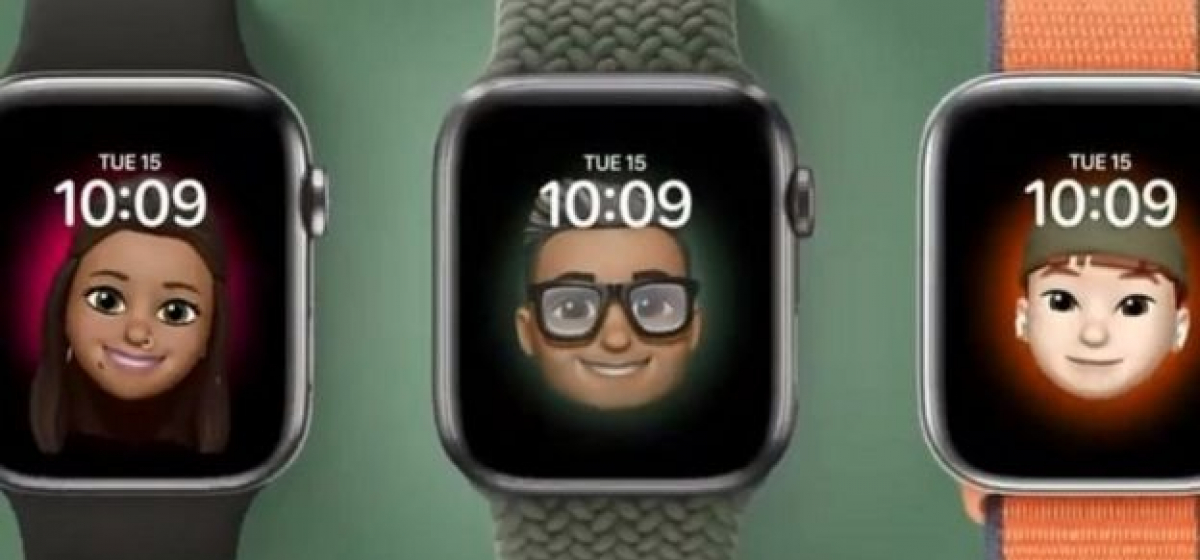A partnership would extend the long relationship between the companies that has helped deliver everything from maps to search on Apple’s devices.

San Francisco: Apple is in discussions with Google about using the search giant’s generative artificial intelligence model called Gemini for its next iPhone, as the company races to embrace a technology that has upended the tech industry.
The talks are preliminary and the exact scope of a potential deal hasn’t been defined, three people with knowledge of the discussions said. Apple has also held discussions with other A.I. companies, one of these people said, as it looks to tap into the power of a large language model capable of analyzing vast amounts of data and generating text on its own.
Tim Cook, Apple’s chief executive, has promised investors that the company will introduce new generative A.I. capabilities this year. The company’s smartphone rivals, Samsung and Google, have already added Gemini to their newest devices to edit videos and summarize audio recordings.
Apple and Google declined to comment. Bloomberg reported earlier on their talks.
An Apple-Google deal on generative A.I. would extend one of technology’s most longstanding partnerships. Since Apple introduced the iPhone in 2007, Google has been a critical contributor to the device’s success. It initially provided Google Maps for navigation and later struck a deal to become the default search engine on the iPhone’s Safari browser, a lucrative agreement for which Google pays Apple more than $18 billion a year.
Google’s discussions to provide generative A.I. capabilities for the iPhone would be the latest example of its filling a gap in Apple’s products. Apple’s effort to develop its own large language model, the technology behind chatbots like ChatGPT and Gemini, has been running behind, two people familiar with its development said.
Apple’s delay in releasing an A.I. product has been costly. After a decade-long run as the world’s most valuable public company, it was dethroned this year by Microsoft, which has aggressively pursued A.I. The technology has been heralded for its potential to disrupt businesses and create trillions of dollars in economic value.
Despite its delays, Apple has the potential to be a big player in A.I. The company has more than two billion devices actively in use, making it an attractive partner for Google and others. Its reputation for protecting customers’ private information could also be helpful in a future where A.I. services help manage people’s calendars or health data.
A deal could bring the Gemini model to iPhones around the world, giving Google access to a massive user base and making generative A.I. even more mainstream. Virtually overnight, Google could have more consumers using its A.I. than its chief rival, OpenAI, which makes ChatGPT — making a pact with Apple a tantalizing prospect.
(The New York Times sued OpenAI and Microsoft in December for copyright infringement of news content related to A.I. systems.)
Editors’ Picks
‘Irish Wish’ Review: Beware of Getting What You WantDo You Know These Pulitzer-Winning Women and Their Books?How Does Paris Stay Paris? By Pouring Billions Into Public Housing
Apple’s selecting Google as an A.I. supplier would be a crucial vote of confidence in the search giant after a number of setbacks to its A.I. ambitions. The company’s first A.I. chatbot, Bard, debuted to middling reviews last March and struggled to attract as many users as ChatGPT.
In February, Google debuted a new chatbot, Gemini. The chatbot ran into problems last month when users found that its image generator produced illustrations of historical figures that were not racially accurate and refused in most instances to generate images of white people, leading to accusations of bias. Google disabled the ability to create images of people and vowed to fix the problem.
In a note on Tuesday, a Bernstein Research analyst, Toni Sacconaghi, called an Apple-Google deal a “win-win,” giving Apple generative A.I. for iPhones and validating Google’s work on Gemini. He also said Apple didn’t have to own an A.I. model on iPhones to profit from it and could instead take a commission from Google, which currently charges $19.99 per month for its Gemini Advanced app.
Companies haven’t yet cashed in on generative A.I. The costs associated with running large language models in the cloud are staggering, and consumers and business customers are only starting to pay for the emerging technology. But they are optimistic that profits will increase as the capabilities of A.I. systems improve and the costs decline for building the data centers to power the systems.
A new deal between Apple and Google could draw scrutiny from U.S. regulators. The Justice Department is in the final stages of a lawsuit against Google for harming competition law by paying Apple to be the default search engine on the iPhone and other services. Judge Amit P. Mehta of U.S. District Court for the District of Columbia, who is presiding over the nonjury trial, is expected to deliver a verdict this year.
Excerpts: NYTimes




COMMENTS